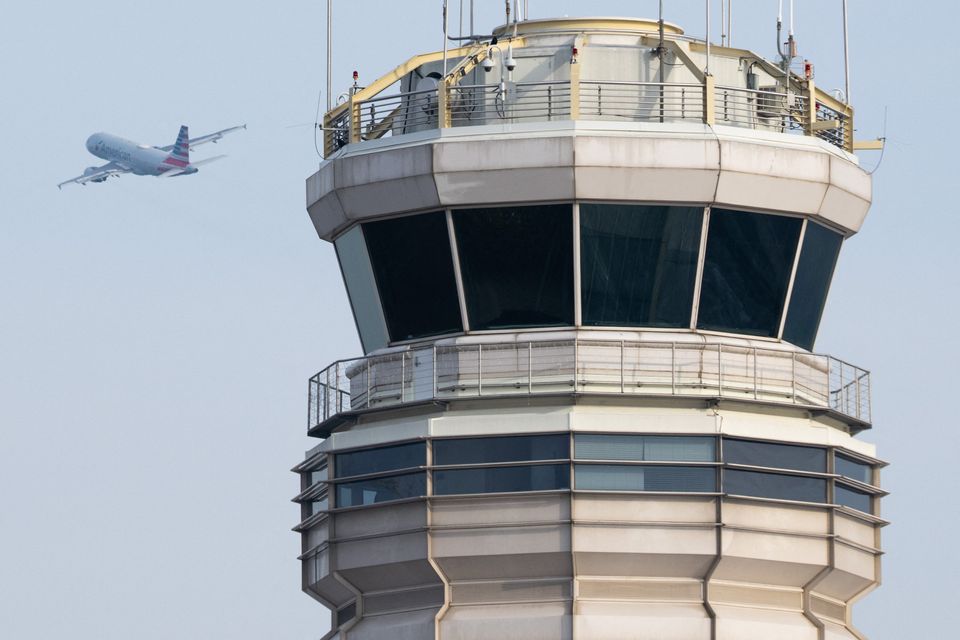Commercial aerospace showed again Wednesday that it’s still a life preserver for industrial investors getting tossed around in choppy economic waters.
Airbus
(ticker: AIR. France), the European plane maker and Boeing peer, reported first-quarter operating profit of 773 million euros, better than the 721 million consensus figure compiled on
FactSet
and the company’s 736 million consensus number.
More important, Airbus backed its full-year guidance. The company still expects to deliver 720 jets by year’s end, up from 661 delivered in 2022.
Airbus delivered 127 planes in the first quarter, or 18% of the projected yearly total. Boeing (BA) did better, delivering 130 jets—about 24%—of Wall Street’s 540 projection. Boeing delivered 480 jets in 2022.
The first quarter tends to be seasonally weak for deliveries.
“The first quarter confirmed strong demand for our products,” said Airbus CEO Guillaume Faury in a statement. “We continue to face an adverse operating environment that includes in particular persistent tensions in the supply chain.”
The supply chain has been a problem for the aerospace industry for several quarters. When demand for air travel, and jets, collapsed because of the pandemic, many skilled workers in the castings and forgings space left the industry. Restoring productivity in the technically complex, highly regulated aerospace supply chain has been tough for aircraft makers and parts suppliers.
For now, the aerospace supply chain is a watch item. Airbus sees production rising. And Boeing has reiterated its plans to raise monthly production of its 737 MAX jet. The combined expectation of 1,260 jets is about 120, or 10%, more than both delivered in 2022.
Growth is good for shares of both companies as well as aerospace supplier stocks. Wall Street has forecast year-over-year improvement in sales and earnings at
General Electric
(GE),
Raytheon Technologies
(RTX),
Honeywell International
(HON),
TransDigm
(TDG),
Howmet Aerospace
(HWM),
Woodward
(WWD), and others. Meeting estimates requires growth.
Investors are relatively bullish about the outlook for aerospace, too. Those six supplier stocks are up about 16% this year on average; the
S&P 500
and
Dow Jones Industrial Average
have gained about 7% and 2%, respectively.
GE, for its part, is expected to deliver about 1,700 of its LEAP engines, up from about 1,100 delivered in 2022. The LEAP powers the 737 MAX and some of Airbus’ A320 family of jets.
That growth, though, isn’t a given.
“We’re managing through it…[the supply chain] is incrementally better that it was 90 or 180 days ago,” GE CEO Larry Culp told Barron’s when his company reported earnings on April 25.
Culp is optimistic about meeting full-year targets, but “it just takes one process having a bottleneck, one supplier having a problem, to put the [ramp] in jeopardy.”
Supply might be a problem for the industry, but at least demand is solid. Investors probably prefer it that way.
In the car business, the situation is reversed. Supply issues, such as a lack of semiconductors, are easing, but now investors are worried about demand because of rising interest rates and high car prices.
General Motors
(GM) stock is down about 2% so far this year.
Ford Motor
(F) stock is up about 2%.
Investors might want to fly instead of drive.
Write to Al Root at [email protected]
Read the full article here


